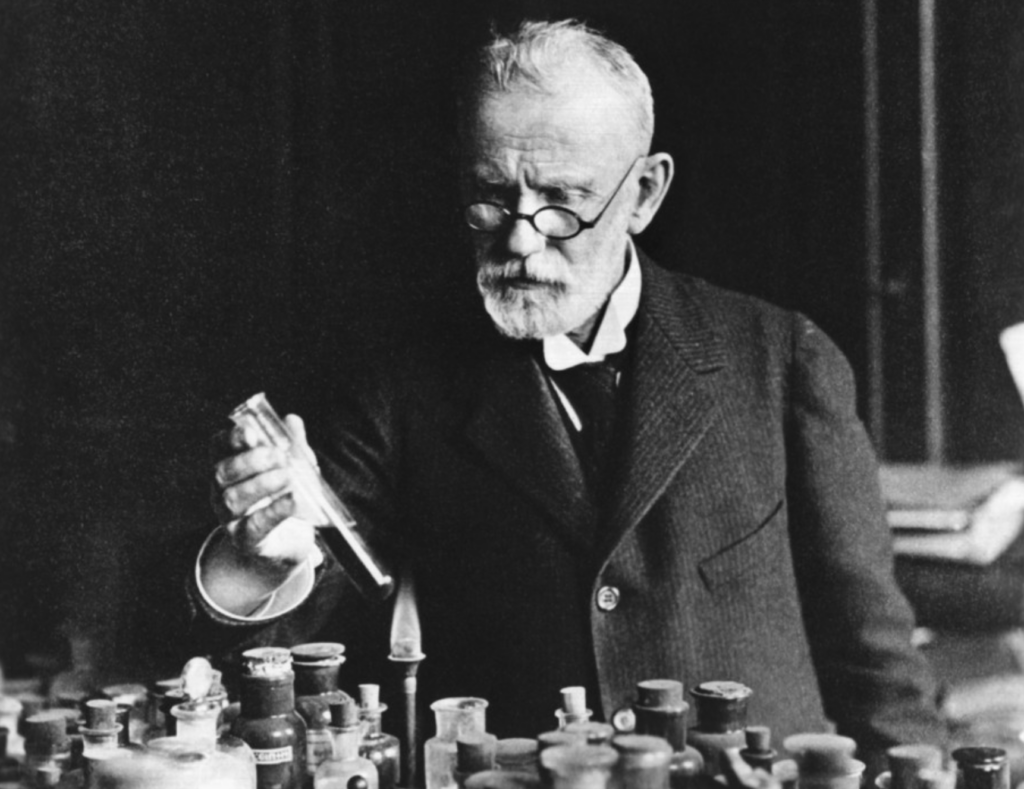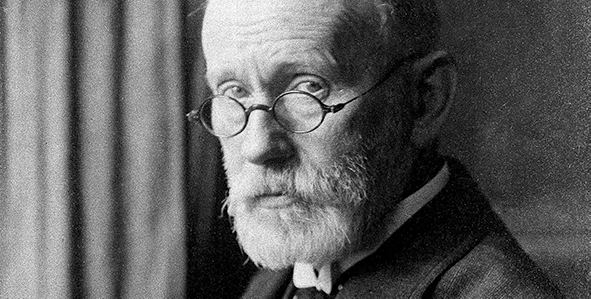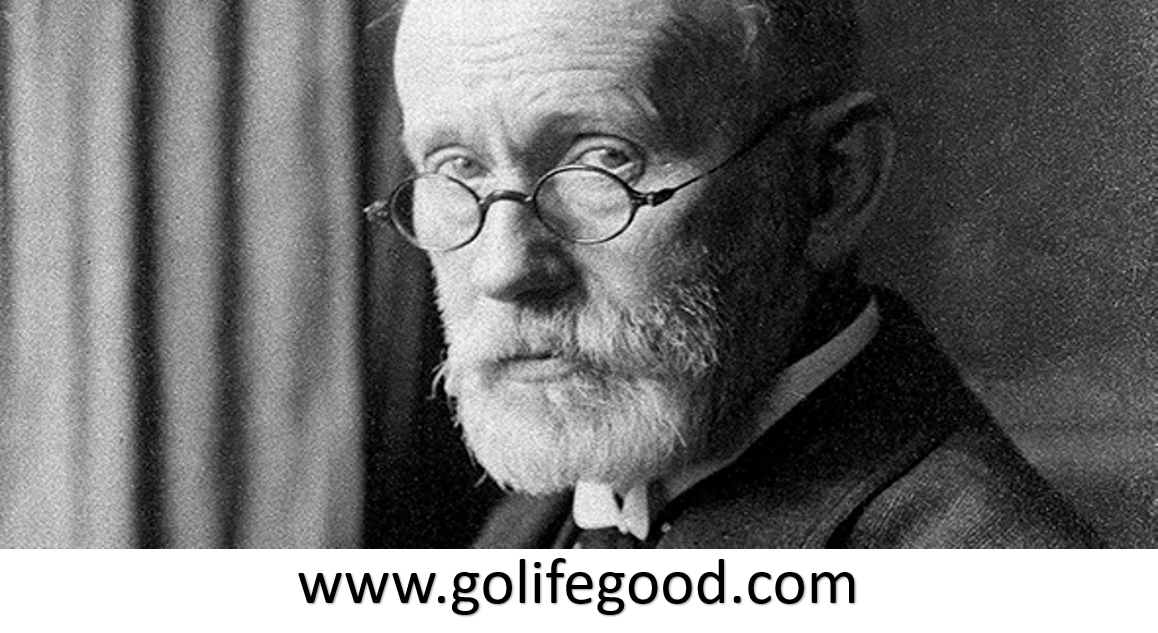Biography of Paul Ehrlich (biography of scholars)

Paul Ehrlich (in German) was a German biologist who, in 1908, won the Nobel Prize in Physiology and Medicine for studying the immune system.
Paul Ehrlich was born on March 14, 1854, in a prosperous Jewish family. In his youth, he became interested in staining cells with chemical dyes. He studied medicine at the universities of Strasbourg, Breslau, Freiburg, and Leipzig. He received his medical degree in 1878 from the University of Leipzig.
Introduction to the Biography of Paul Ehrlich
Paul Ehrlich was a German scientist who greatly influenced various fields, including immunology, hematology, and chemotherapy. He walked the path of success (the law of attraction).
Contributions and achievements
Paul Ehrlich , while experimenting with the staining of cells, realized that chemical reactions take place in the cell and that these reactions cause cellular processes. He concluded that chemical agents can cure cell diseases and fight infectious agents. This idea completely revolutionized therapeutics and medical diagnostics. Paul Ehrlich coined the term “chemotherapy”. He recognized a specific chemical reaction in the urine of typhoid patients and made important contributions to the treatment of various eye diseases.

Paul Ehrlich was appointed senior physician at the Charitable Hospital in Berlin, Germany, where he developed an exclusive method for diagnosing the tuberculosis bacillus. He separated the different types of blood cells in the body from each other and became one of the founders of hematology. Paul Ehrlich also discovered the use of methylene blue to treat nervous disorders.
Publication of various scientific articles
Paul Ehrlich published nearly 37 scientific articles between 1879 and 1885. Perhaps his most effective work is “Oxygen Requirement of Living Organisms,” published in 1885. In his book, Paul Al-Rich deals with the issue that oxygen consumption is different in different types of tissues, and these differences provide us with a scale for the intensity of the cell’s vital processes.
Nobel laureate Paul Ehrlich
Paul Ehrlich received the Nobel Prize in Physiology and Medicine in 1908. He died on August 20, 1915, in the city of Hesse, Germany, from a brain injury. Paul Al-Reich was 61 years old at the time of his death.

Leave a Reply